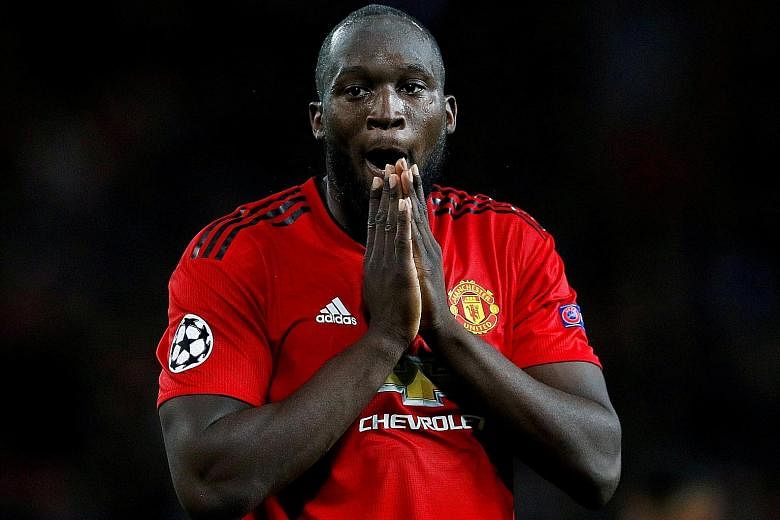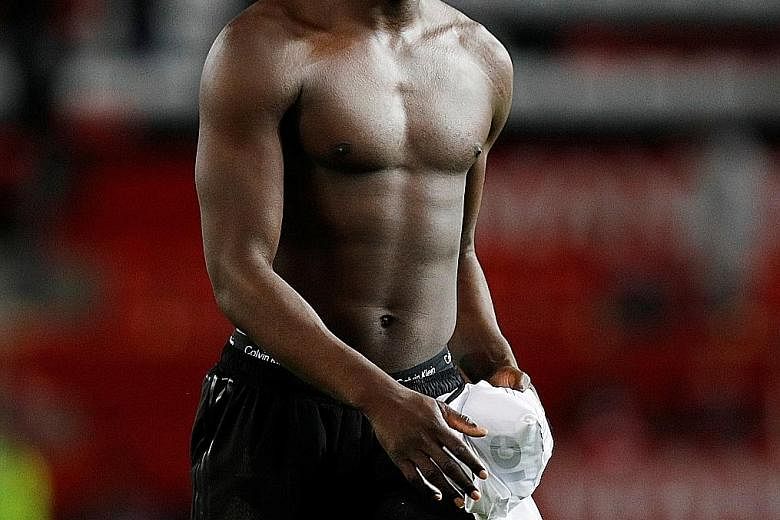When someone mentions "professional athlete", it usually conjures up images of elite athletes at the top of their game, with fit and muscular physiques to go along with their sporting ability.
Cristiano Ronaldo comes to mind with his chiselled physique and world-class ability. But it appears that being too muscular can actually have detrimental effects depending on what sport you play.
Manchester United striker Romelu Lukaku has come under fire for gaining too much mass lately, and he recently admitted to The Guardian that the change in his physique has actually impacted the way he plays football.
"A little bit of muscle, yeah. It was at the World Cup," the Belgian admitted, when asked if he had gained more mass.
"I just felt great and I think I played great over there, and then when I came back, it is a different type of style."
The 25-year-old plays the same position for Belgium as he does for United, but tactical differences mean how he trained to play for his country has been incompatible with his playing style in the Premier League.
While he scored four goals in six appearances in Russia, plus twice in a friendly beforehand, he admitted the need to slim back down. "In the Premier League, I cannot play with the same amount of muscle as international football," he said.
"That was something that when I came back I knew straight away: 'Nah, I cannot play in this style like this.' I had to lose muscle basically. So you just stay out of the gym, drink a lot of water, and (eat) a lot of veg and fish and it helps."
His diet choices make sense. Going for protein sources such as fish, which contains healthy fats like Omega 3, and eating more vegetables is great for general health as well as losing weight.
According to a study published in Nutrients journal, a high Omega 3 intake decreases the risk of weight gain, and boosts the sensitivity of leptin, a hormone that regulates metabolism.
Drinking sufficient water has also been shown to have positive effects on weight loss, according to research from the University of Illinois at Urbana-Champaign.
Lukaku could get away with using his mass to power his way through international games where the pace might be slower, but in doing so, he sacrificed his agility and speed in the faster-paced Premier League.
It turns out that this is not entirely surprising. According to a study in the Journal of Strength and Conditioning Research, the more muscle mass you have, the less agile you become.
Not only that, the study shows that an increased amount of muscle negatively affects overall speed and power in vertical leaps.
But it seems that Lukaku has recognised that this is an issue and is starting to put in the work to lose all that excess mass, as well as do more speed and agility training to get back to his past playing levels.
"(There is) more prevention in the gym and I am trying to do speed bursts in training and that's the most essential," he said.
Looks like we might be able to see a leaner, quicker Lukaku in the near future if he sticks to this training and diet plan. MEN'S HEALTH
•With additional information from The Guardian


